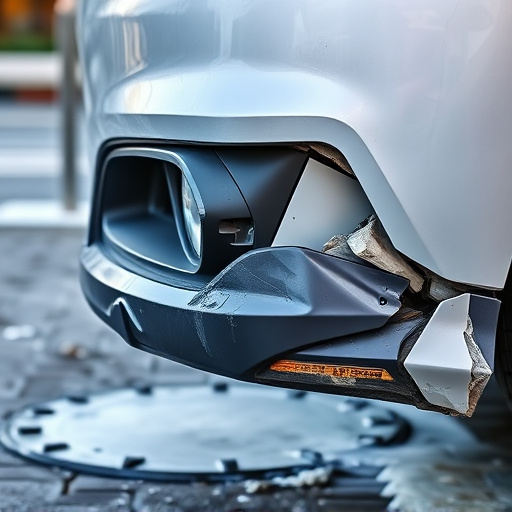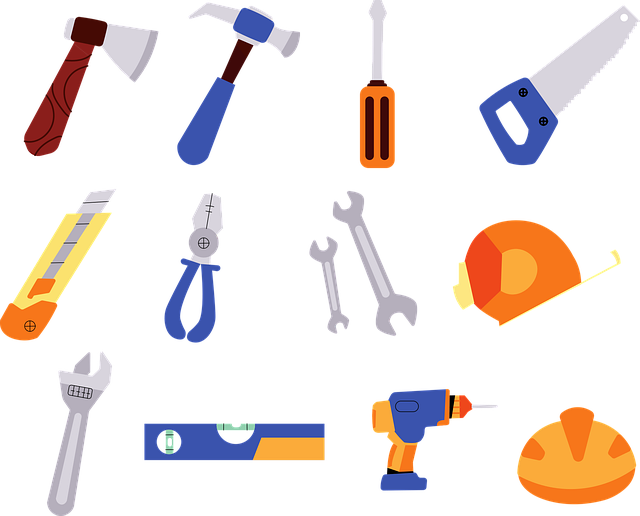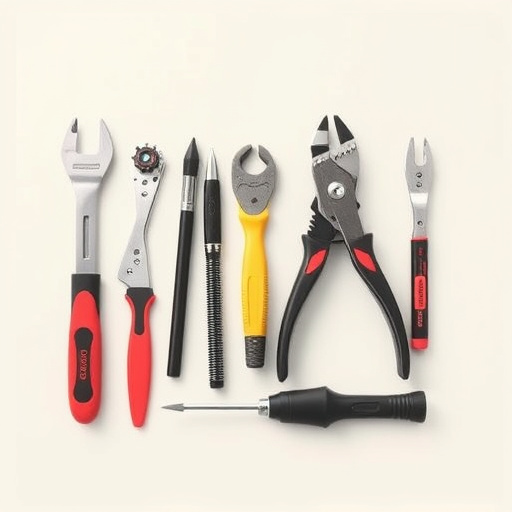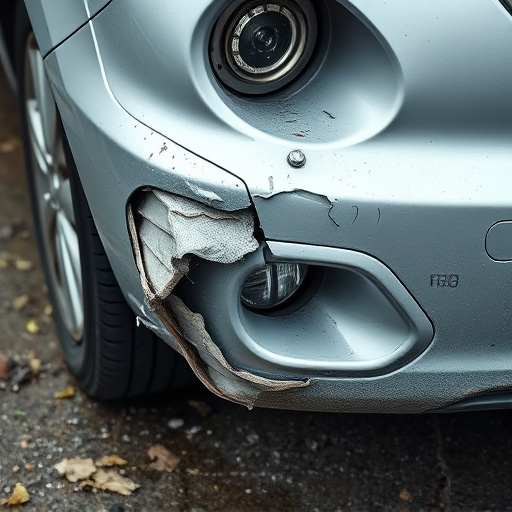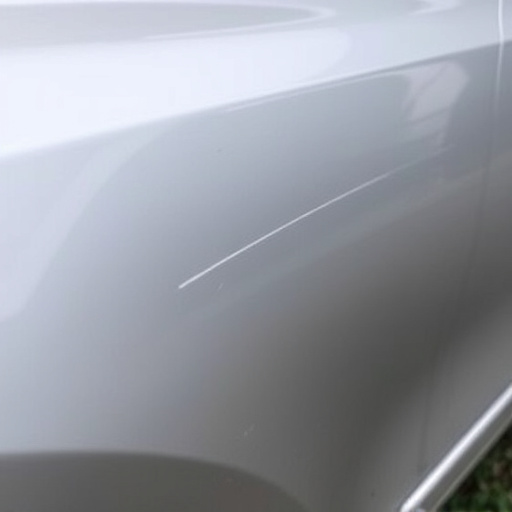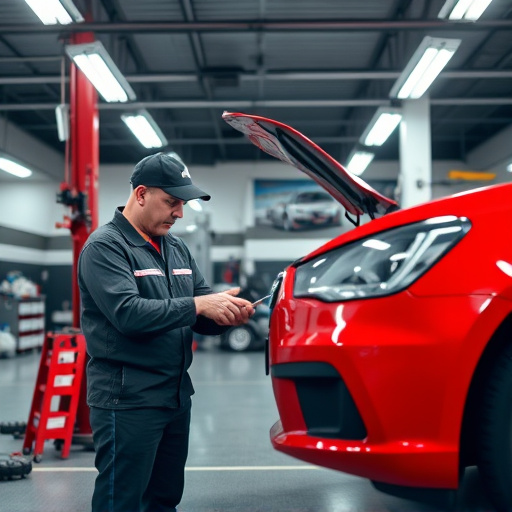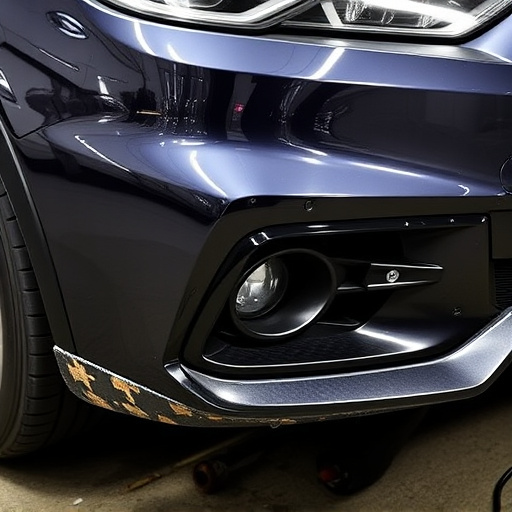Realistic collision repair time frame expectations are vital for customer satisfaction and warranty integrity. Clear communication about varying timelines builds trust, especially with warranties covering 12-24 months post-repair. Efficient turnaround times in a competitive market foster positive relationships and repeat business through transparent communication of collision repair time frames.
Collision repair time frames play a pivotal role in supporting warranties and customer guarantees. This article delves into the crucial aspects of setting realistic expectations, understanding time-bound warranty coverage, and enhancing customer trust through timely repairs. By exploring these key elements, you’ll gain insights on how efficient collision repair processes can significantly improve overall vehicle ownership experiences. Learn how managing repair timelines directly impacts your commitments to both customers and vehicle manufacturers.
- Collision Repair Time Frame: Setting Realistic Expectations
- Warranty Coverage: Understanding Time-Bound Agreements
- Customer Guarantees: Enhancing Trust Through Timely Repairs
Collision Repair Time Frame: Setting Realistic Expectations

When it comes to collision repair, setting realistic expectations is vital for maintaining customer satisfaction and ensuring warranty integrity. The collision repair time frame can vary significantly depending on several factors such as the severity of damage, availability of parts, and shop workload. For instance, minor dings and scratches might be repaired within a few hours, while more complex issues like auto glass replacement or extensive car paint services could take several days.
Realistic expectations are crucial because they manage customer hopes and prevent dissatisfaction later. Clear communication about the collision repair time frame allows customers to plan their schedules accordingly. Additionally, understanding the process enables them to appreciate the work involved in restoring their vehicle to pre-accident condition, thereby fostering trust in car repair services.
Warranty Coverage: Understanding Time-Bound Agreements
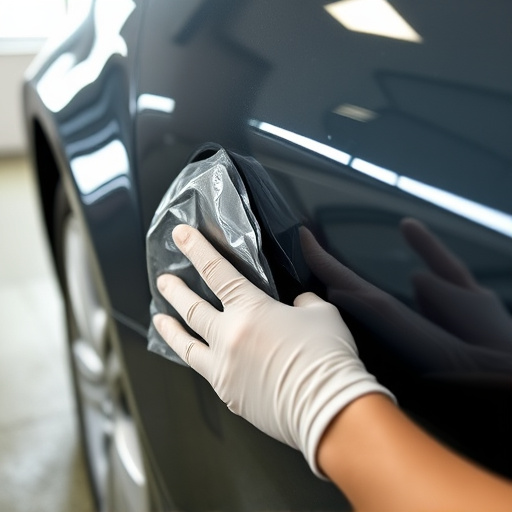
Warranty coverage is a crucial aspect of collision repair, and it’s heavily influenced by the collision repair time frame. When you take your vehicle to a car repair shop for automotive body work following a collision, the warranty supports the repairs and ensures the customer against any potential issues that may arise during the restoration process. These agreements are typically time-bound, meaning they specify a defined period after the repair is completed during which the guarantee remains valid.
Understanding these time-bound agreements is essential for both customers and car repair shops. For instance, many collision repair warranties cover parts and labor for a specific duration, usually ranging from 12 to 24 months. This means that if any defects or issues related to the repair surface within this period, the vehicle owner can have them addressed without additional costs, fostering trust in the quality of work provided by the shop.
Customer Guarantees: Enhancing Trust Through Timely Repairs
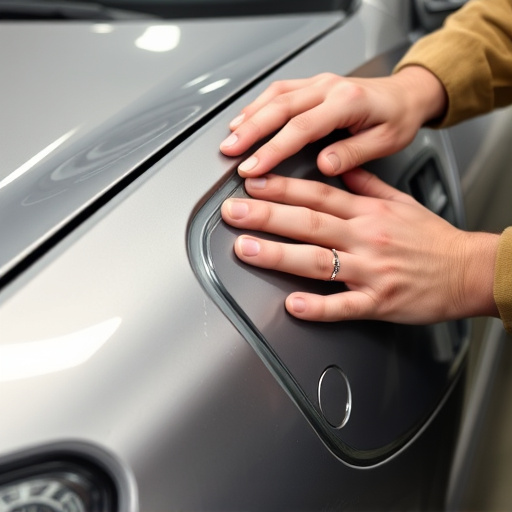
In today’s world, customers expect swift and reliable service, especially when it comes to collision repair. A collision repair time frame that is transparent and efficient plays a pivotal role in enhancing customer trust and satisfaction. When a car undergoes damage, customers rely on auto repair shops to restore their vehicles to pre-collision condition promptly. Timely repairs not only meet customer expectations but also demonstrate the shop’s commitment to quality and expertise.
Guaranteeing quick turnaround times fosters a sense of assurance among clients, knowing that their vehicles will be returned to them in a safe and timely manner. This trust is crucial for building a positive reputation for the car repair shop and encourages repeat business. Moreover, transparent communication regarding the collision repair time frame ensures customers are well-informed, allowing them to make informed decisions and plan accordingly, thereby strengthening the bond between the customer and automotive repair services provider.
In conclusion, a well-managed collision repair time frame is pivotal in upholding warranty coverage and customer guarantees. By setting realistic expectations through transparent communication and efficient processes, auto body shops can ensure timely repairs, fostering trust and satisfying customers. This approach not only strengthens customer relationships but also aligns with industry best practices, ultimately contributing to the overall satisfaction and peace of mind for those involved in collision events.

